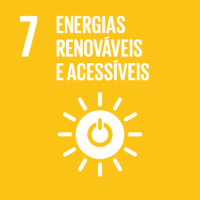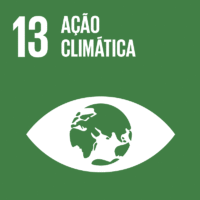Ciência_Iscte
Publicações
Descrição Detalhada da Publicação
Decarbonizing an energy-hungry world: the dilemma of investing in fossil fuels
Título Revista
Management Decision
Ano (publicação definitiva)
2024
Língua
Inglês
País
Reino Unido
Mais Informação
Web of Science®
Scopus
Google Scholar
Esta publicação não está indexada no Google Scholar
Esta publicação não está indexada no Overton
Abstract/Resumo
Purpose
The study examines the diversity of ethical motivations for investments in fossil fuels amid growing calls to decarbonize. Faced with the dilemma between energy needs and net-zero commitments, managers need to reconcile seemingly irreconcilable external pressures. The purpose is to provide insights into the ethics justifying their investment decisions.
Design/methodology/approach
The authors draw on ethnographic research, participant observation and interviews with oil and gas executives, private equity partners, managing directors, bankers, lawyers, consultants and engineers in the US and the UK.
Findings
The findings show how managers in the oil and gas ecosystem motivate their actions in response to external pressures for decarbonization. The leitmotif is that they do the right thing even if they acknowledge that not all stakeholders agree. The findings provide insights into why net-zero pledges have failed to stem the flow of capital into fossil fuels.
Practical implications
The authors propose a nuanced engagement with stakeholders that goes beyond risk-return calculations on investments in hydrocarbons. Recognizing the diversity of ethical perspectives, money managers have the opportunity to engage institutional constituents as owners of the collective pools of capital rather than just as beneficiaries in making investment decisions.
Social implications
Money managers should be more engaged with stakeholders whose well-being depends on the funds' investments. They could facilitate the creation of partnerships with public and private organizations such as banks, national funds, city governments, pension funds, foundations, universities and religious organizations. It would be beneficial to all stakeholders to understand the nuanced and varied ethical frameworks that inform hydrocarbon investment and divestment decisions.
Originality/value
The article uses timely in-depth interview data on an issue of existential importance. The authors contribute a better understanding of how and why institutional investor capital is flowing into hydrocarbons at a time when calls to divest are louder than ever.
Agradecimentos/Acknowledgements
--
Palavras-chave
Private equity,Portfolio investment,Energy industry,Decarbonization,Energy ethics,Net-zerotransition
Classificação Fields of Science and Technology
- Matemáticas - Ciências Naturais
- Economia e Gestão - Ciências Sociais
- Outras Ciências Sociais - Ciências Sociais
Registos de financiamentos
| Referência de financiamento | Entidade Financiadora |
|---|---|
| 715146 | Comissão Europeia |
Contribuições para os Objetivos do Desenvolvimento Sustentável das Nações Unidas
Com o objetivo de aumentar a investigação direcionada para o cumprimento dos Objetivos do Desenvolvimento Sustentável para 2030 das Nações Unidas, é disponibilizada no Ciência_Iscte a possibilidade de associação, quando aplicável, dos artigos científicos aos Objetivos do Desenvolvimento Sustentável. Estes são os Objetivos do Desenvolvimento Sustentável identificados pelo(s) autor(es) para esta publicação. Para uma informação detalhada dos Objetivos do Desenvolvimento Sustentável, clique aqui.

 English
English




